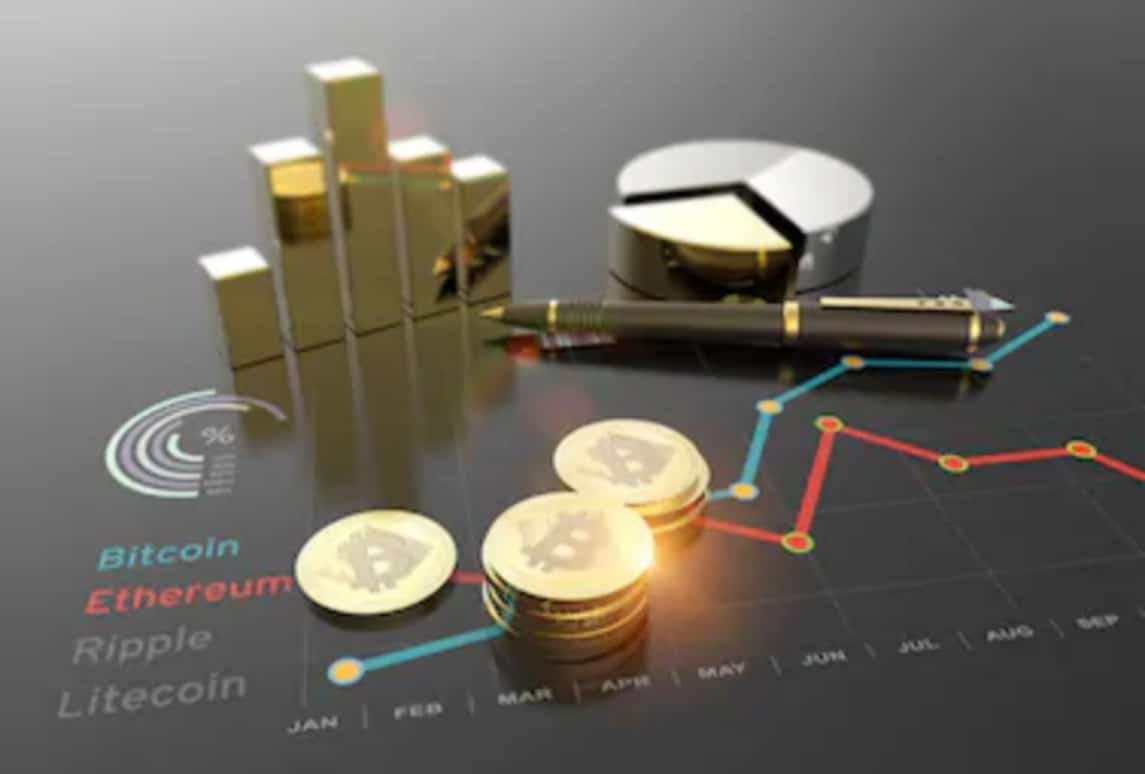The Venezuelan economy has turned into a case study for Bitcoin trade researchers and enthusiasts. The South American country has been feeling the harmful effects of the ban on the open sales and purchase of USD under its local government’s jurisdiction. According to many economic reports, the country has been suffering from the problem of hyperinflation.
According to careful estimates, peer-to-peer Bitcoin trading has gain popularity in Venezuela during the past two years. Among all the Latin American nations, the trading volume of cryptocurrencies remains the highest in this country. However, the anti-imperialist government of Venezuela has started to give in to the forces of dollarization. There have been waves of social and political reforms in the South American nation as the country ranks 3rd in BTC adoption.
Is USD to Become Currency to be Favored Above Crypto Trading?
The leading cause of the rising interest of Venezuelans in Bitcoin is the result of the need to access some sort of foreign currency without violating state laws. The locals have no choice but to look at the black market if they want to obtain US dollars for foreign trading and other needs. The majority of the Latin American nation’s tech-savvy population has been turning to Bitcoin to get out of the deficit caused by constantly devaluating bolivar.
Maduro’s government has made it legal for the locals to buy, sell, and access US dollars. Under the monetary reforms made earlier this year, the citizens of Venezuela would be able to open bank accounts in USD. The local businessmen are also free to start compensating their employees in USD and even made B2B transactions in the same manner. The idea of ease of access to the USD would be unimaginable in Venezuela a decade ago.
Is Dollarization Going to Outrun Bitcoin Trading?
The opinion of Venezuelans still weighs in favor of a further rise in Bitcoin investments. Most economists share the view that the USD may provide a temporary shelter for smaller inflation issues. However, it would not be able to reciprocate the store value effect of Bitcoin anytime soon. Saulo Munoz, a Venezuelan economist with a specialization in social studies, states that Venezuelans are bound to reject ‘fiat money in favor of Bitcoin.
On the other hand, the Central Bank of Venezuela is reportedly holding Bitcoin and Ethereum among its international reserves under Maduro’s government. Several state-sponsored platforms for remittance also accept cryptocurrencies and have introduced better crypto regulations last week. Munoz further states that dollarization is likely to add diversification on trading platforms rather than Bitcoin hampering in Venezuela.

